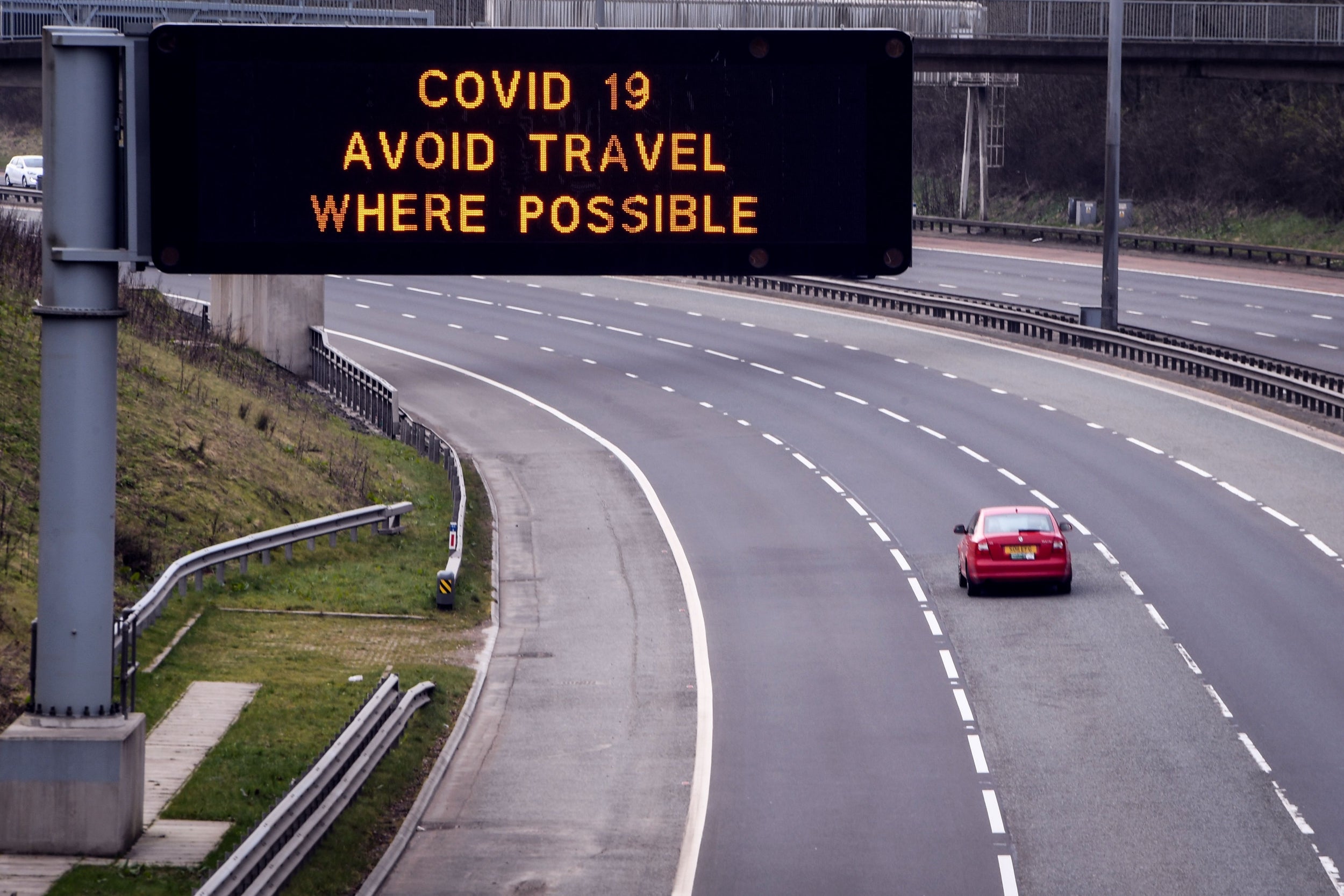This website uses cookies so that we can provide you with the best user experience possible. Cookie information is stored in your browser and performs functions such as recognising you when you return to our website and helping our team to understand which sections of the website you find most interesting and useful.

As concern grows about overcrowding on public transport, the government now says that car sharing is permitted.
Previously, the Cabinet Office issued a set of frequently asked questions that warned the public not to share a private vehicle with someone from another household.
It instructed: “You can only travel in a private vehicle alone, or with members of your household.”
But the regulation, which also had the effect of outlawing hitchhiking, was questioned by transport experts.
They suggested that travelling daily between home and work with the same person, with the passenger sitting in the back diagonally across from the driver and the windows open, helped to reduce the risk of spreading coronavirus.
Car sharing eases pressure on trains and buses, and reduces the number of random encounters on public transport.
In response to the earlier Cabinet Office warning, the AA president, Edmund King, said: “Many workers who are unable to drive or don’t own cars, don’t want to use public transport and can’t walk or cycle due to the distance of their commutes, have now had another practical option of travel removed.”
The Cabinet Office has now withdrawn its instruction and instead refers to Department for Transport (DfT) guidelines that permit car sharing.
The DfT advises: “If you normally share a vehicle with people from other households for essential journeys, we recommend you find a different way to travel.”
It recommends car sharers walk, cycle or use their own vehicles if they can, but accepts that the practice will continue.
“If you have to travel with people outside your household group, try to share the transport with the same people each time and keep to small groups of people at any one time,” the DfT says.
The department also suggests car sharers could wear face coverings, saying: “There are some circumstances when wearing a face covering may be marginally beneficial as a precautionary measure.
“The evidence suggests that wearing a face covering does not protect you, but it may protect others if you are infected but have not yet developed symptoms.”
Laura Finlayson, Scotland director of the shared transport charity, CoMoUK, told the country’s Covid-19 committee: “The shared transport sector is playing a vital role during this current crisis.
“Post Covid-19 we are likely to see significant changes in commuting patterns, as more people work from home. In turn, this will almost certainly lead to a reduction in commutes made in single occupancy private cars.
“It is crucial that we do not go back to a climate damaging normal. Shared transport is a vital weapon in the fight to achieve net zero greenhouse gas emissions, reduce congestion and improve air quality.”



 Africana55 Radio
Africana55 Radio 

